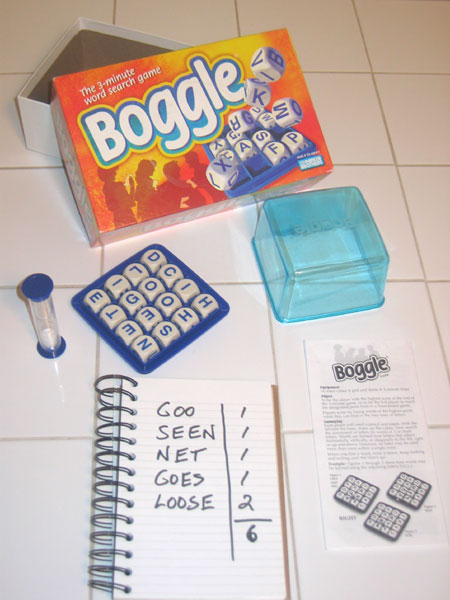Navigation |
Child Games - The Need for Playing Them
Educational and fun child games stimulate child's mind. She is not only having fun but is learning as well. An important component of learning is playing. Through different games that you make your child play, the neurological and physical aspects of child development is promoted. Gross motor skills like creeping, rolling over and walking are under the physical skill. This also includes the hand-eye coordination, painting, drawing, writing and grasping objects. Sensory development is also considered physical as well. This includes smell, touch, sight and taste. Cognitive and intellectual development centers on activities of the brain like imagination, smiling, language, working out and laughing are also enhanced. Playing different games of some sort refine the different areas of physical and mental development in young kids. Playing usually begins from birth. Below are the appropriate toys and games for the different age groups. 0-3 month young babies: unbreakable mirrors, cloth books, wind chimes, contrasting mobiles 3-6 month young babies: play gyms, teethers, squeaking rubber toys, rattles 6-9 month young babies: activity boards, playing with ball, textured books, pop up toys 9-12 month young: walker, rocker, toy cell phone, sand play toys, book with flaps 12-18 month old: non-toxic crayons, puzzles pull toys, toy buggy, ride-on vehicles 18 months-2 years: play house, musical instruments like drums, tea set, shopping carts, gardening tools, and blocks (building) 2-3 years: illustrated books, wooden puzzles, construction toys, household equipment toys, dolls 3 years +: jigsaw puzzles, pots and pans, memory games, bats and balls, reference books, golf sets Parents today also resort to giving their children educational games. However, make sure that the child is having fun otherwise it is useless. A child will not learn with such educational games if she is not having fun. A child needs enough time for playing games. They have to be deeply involved in it. Lots of space is also important for the child to freely play. Children can play games such as hide and seek, crawling-chasing, peek-a-boo where they can move at speed. Children love playing games with companions although there are those who would want to play on their own. Parents along with other children can play together. Adults can be role models and ease tensions between young children having struggles. What should your child play with? Here are some great ideas for children: Pretend play for children is also fun. Kids will try to imitate cleaning, cooking or shopping. In this manner, the children learn different values. Some of it is the importance of money, safety issues, responsibility and caring for others. Dressing up is also a fun game. This will expand their imagination and take them to places unimaginable. Memory games may be of interest for the child and to you as well. Time and parent participation is needed for this game. For your growing child, the power of play is really important. Educational games with fun materials can teach them a lot. Math games can turn subjects such as arithmetic and math into child's play. Phonic games can take away boring reading and phonic lessons. Whatever game you play with your child is worthwhile if the child is having fun and learning at the same time. About the Author |

